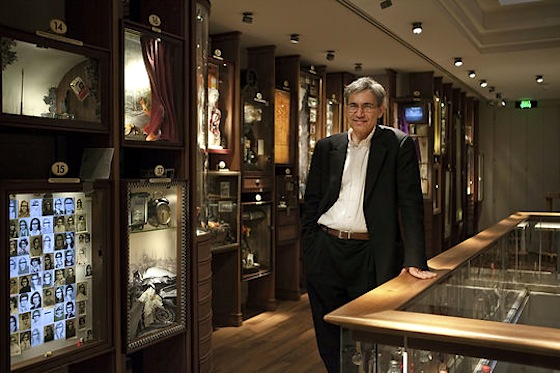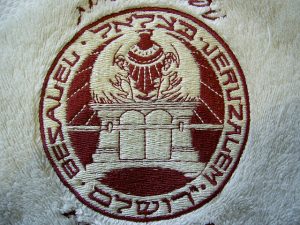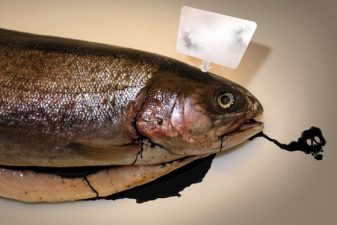 Paying homage to a slower time, Turkey’s first nobel prize winning author Orhan Pamuk has immortalized the importance of everyday objects in The Museum of Innocence. Among the world’s most unique collections, the museum that opened last month in Istanbul’s Beyoğlu district contains 83 cabinets full of bits and pieces collected in flea markets and antique shops.
Paying homage to a slower time, Turkey’s first nobel prize winning author Orhan Pamuk has immortalized the importance of everyday objects in The Museum of Innocence. Among the world’s most unique collections, the museum that opened last month in Istanbul’s Beyoğlu district contains 83 cabinets full of bits and pieces collected in flea markets and antique shops.
Each cabinet represents a chapter in Pamuk’s book of the same name in which the main character, Kemal Basmaci, the son of a wealthy industrialist, collects artifacts that remind him of his cousin – a poor sales woman (who is also his cousin) with whom he is completely smitten.
Today’s consumerism has grown to feverish heights compared to that of Istanbul during the 1970s’s, the time period in which The Museum of Innocence is set.
But for the book’s protagonist, things take on a different significance. After a series of events cuts short a passionate love affair with his lower-classed relative Fusun, Basmaci begins to collect items that remind him of the time he shared with her. For years he collects these items with the intention of eventually placing them in a museum, a pastime that becomes increasingly obsessive and unhealthy.
The objects include shoes, an old sink, ID cards and even a toothbrush.
In an interview with Qantara, Pamuk said:
I love the profane magic such things possess and that one discovers this only at the second glance. Just think how it is to find an old cinema ticket, by chance, in a jacket pocket, years after you saw the film. Suddenly everything comes back to you – not only the film but the smell of the cinema and the atmosphere of the evening. Such things bring back memories, tell us entire stories.
Perhaps accidentally, The Museum of Innocence draws attention to how drastically the relevance of having things has changed in four decades; today, our incessant desire to own certain objects such as smart phones, tablets (some even gold-plated) and even the latest round of eco-gadgets threatens our very existence as natural resources are becoming dangerously scarce and landfills and oceans are overflowing with waste.
Instead of holding magic, many of the objects we now possess are emblems of our self-destruction much in the same way that with every new possession, Basmaci drove himself deeper into his misaligned obsession with Fusun. An underlying theme seems to be that an over-attachment to material objects of any kind or for any reason gives rise to problematic consequences.
In any case, we love the novelty of Pamuk’s Istanbul museum, which was realized over a decade and contains numerous hidden treasures, as a powerful reflection on the nature of stuff – Turkish stuff – and what it reveals of Turkey’s socio-politico evolution over the last four decades.
image via Dorian Jones
Relevant Stories on Stuff and How it Hurts the Planet:
Mazzy Reviews the Story of Stuff
Where Stuff Comes From and Where it Goes
3 Minute Video Shows How Humans Devoured Earth in 250 Years



